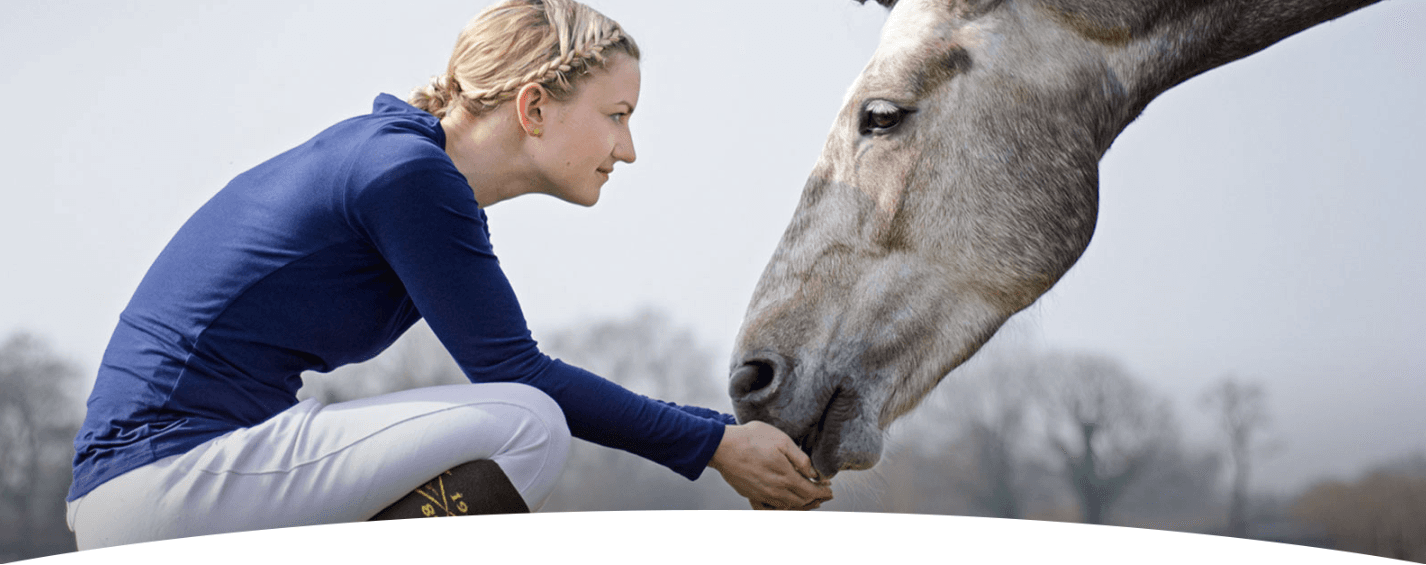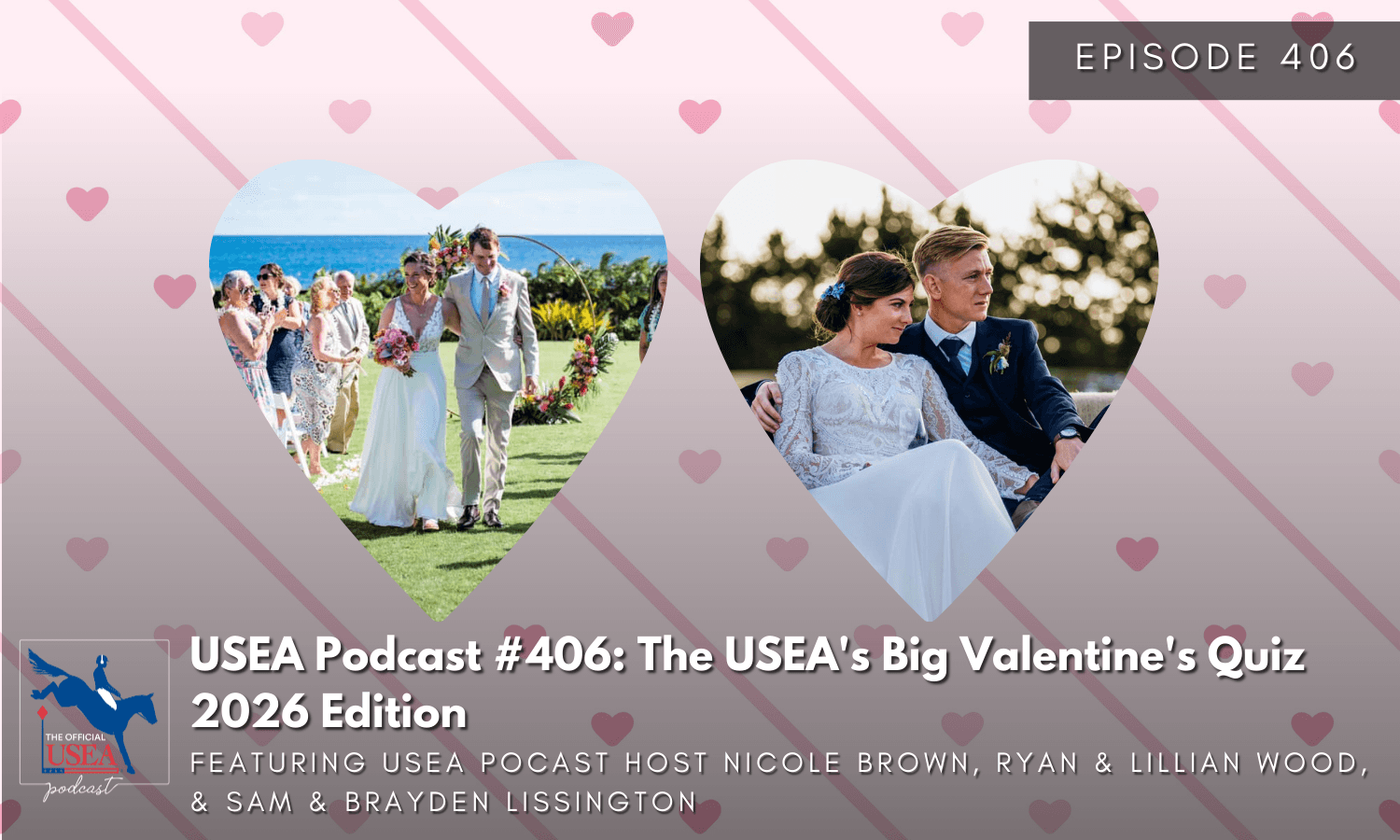Top Five Things You Need to Know about SafeSport Training

Effective January 1, 2019, all US Equestrian (USEF) members 18 years old or older with a competing membership must complete the U.S. Center for SafeSport’s SafeSport Training to be eligible to compete. Here are five fast facts you need to know:
1. There are THREE SafeSport training modules that must be completed in order for USEF competing members to meet the training criteria including Sexual Misconduct Awareness Education, Mandatory Reporting, and Emotional and Physical Misconduct.
Upon completion, your member dashboard on MyUSEF will update within 24-48 hours to indicate “SafeSport Training Completed.”
2. USEF is providing a 30-day grace period for members who join or renew after December 1, 2018.
USEF members 18 years old or older with a competing membership who join or renew (including online or at a show) on or after December 1, 2018 and throughout 2019 will have 30 days to complete the training. Points accrued at horse shows during the 30-day grace period are good. If training is not completed within 30 days of joining, the member will be ineligible to compete and points will not count until you have completed the training. Those who joined on or before November 30, 2018 are required to complete the SafeSport training by January 1, 2019.
3. Competition management and secretaries will have access to a combined Suspension and Ineligibility List in the same manner as the current Suspension List to identify those who are ineligible to compete.
If a person appears on the Ineligibility List but completes the training on the first day of the horse show, they can present a copy of the ‘SafeSport Trained’ certificate to the show office to prove they are eligible to compete and points will count. If you present your ‘SafeSport Trained’ certificate after the first day of the horse show, you can still compete but your points will not count.
4. Federal Law plays a major role in SafeSport training and requirements.
The Protecting Young Victims from Sexual Abuse and Safe Sport Authorization Act of 2017 has four requirements: (a) mandatory reporting of sexual misconduct involving a minor; (b) establishing reasonable procedures to limit one-on-one interactions between adults and minors; (c) provide training to all adult members with regular contact with minors; and (d) prohibiting retaliation.
5. USEF is not removing your civil rights through the SafeSport training requirement.
The jurisdiction is no broader than it’s ever been in the past and no one’s civil rights are removed. In fact, USEF adopted a non-discrimination policy a couple of years ago that’s more inclusive than what was originally provided in the bylaws.
US Equestrian is committed to creating and maintaining and educating and informing an equestrian community free of all forms of emotional, physical, and sexual misconduct. Protecting athletes and fostering an environment where existing participants and newcomers alike feel safe is of the utmost importance. The USEF Safe Sport Policy and U.S. Center for SafeSport Code were designed to, and aim at, protecting all participants in our sport. USEF stands behind these policies to protect the athletes of equestrian sport, not just because the law requires it, but because every member has a responsibility to protect those who have chosen horses as their passion.
USEF has created a variety of resources to assist and aid members with taking the training.
- New Learning Center video Part 1: Safe Sport Reporting, Training, and Resources
- New Learning Center video Part 2: Safe Sport Investigations, Interim, Measures, and Final Determinations
- USEF Safe Sport Policy
- SafeSport Training FAQs
- SafeSport Training Instructions
- Take the SafeSport Training
- Report Sexual Misconduct
- In Crisis? Call the 24/7 SafeSport Helpline
For technical assistance with completely the SafeSport training, please contact the U.S. Center for SafeSport’s Technical Support Help Desk at 720.676.6417. For additional questions related to SafeSport, please contact Teresa Roper at [email protected].















